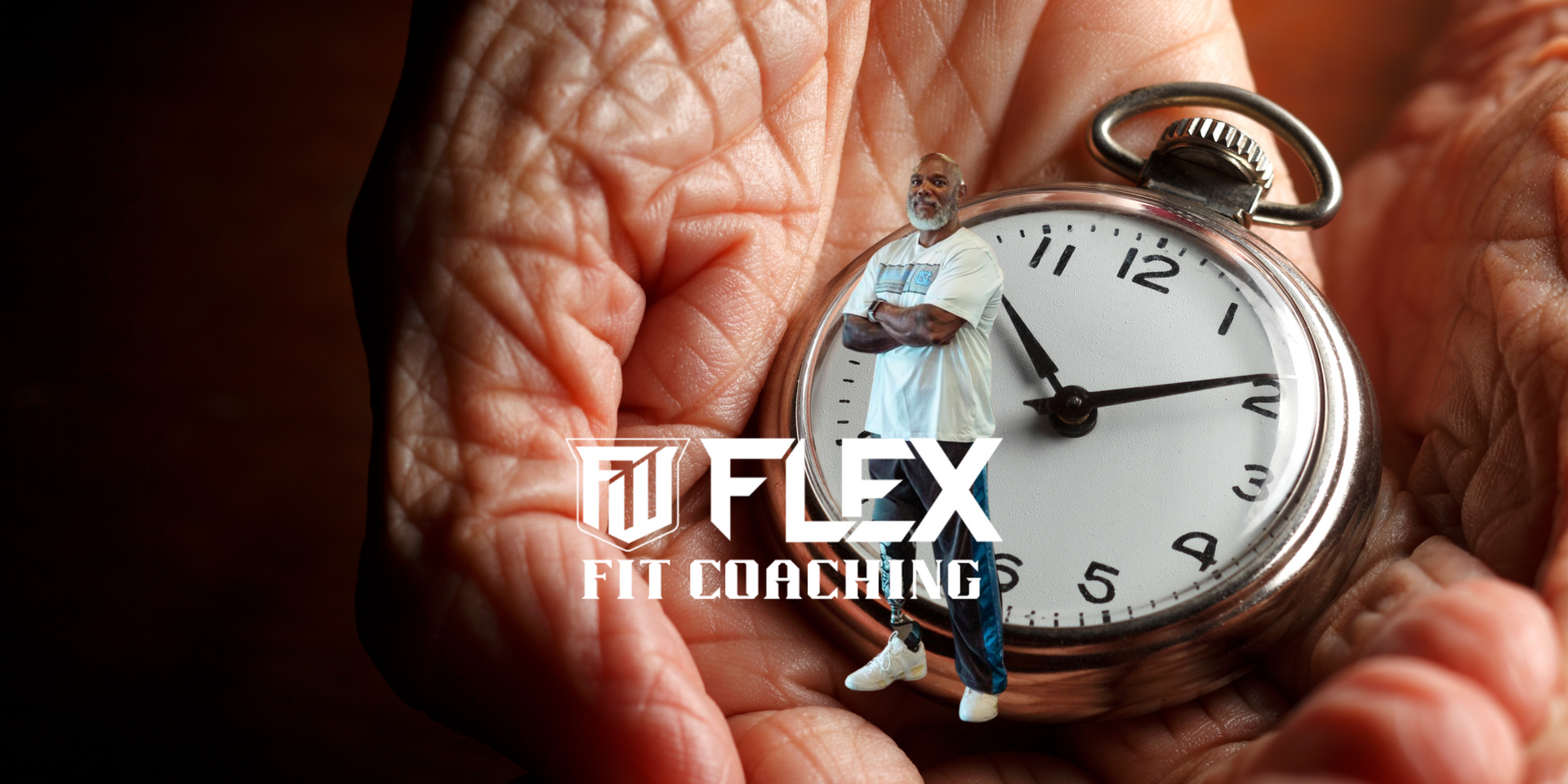Cardio: Before or After Weights?
Science Says Lift Before You Run

The debate over whether to perform cardio before or after weight training has been a longstanding topic in the fitness community. To provide clarity, let's examine scientific research that supports the benefits of performing weight training before cardio.
1. Preserving Glycogen Stores for Optimal Strength Training
Glycogen serves as the primary energy source during resistance exercises. Engaging in cardio before weightlifting can deplete these glycogen reserves, potentially compromising strength and performance during subsequent weight training sessions. Research indicates that performing aerobic exercise prior to strength training can reduce performance in strength exercises, particularly in muscles involved during the aerobic activity.
2. Impact on Strength and Muscle Gains
Initiating a workout with cardio may lead to fatigue, adversely affecting the quality and effectiveness of weight training. Studies have demonstrated that performing cardio before resistance exercises can significantly diminish muscle strength performance. Conversely, strength gains tend to be greater when weight training precedes cardio.
3. Enhanced Fat Oxidation Post-Strength Training
Performing cardio after weight training may enhance fat oxidation. While the exact mechanisms are complex and influenced by various factors, some research suggests that post-strength training cardio can be more effective for fat loss. However, it's important to note that individual responses can vary, and more research is needed to fully understand this relationship.
4. Improved Recovery and Reduced Injury Risk
Engaging in weight training after cardio can increase fatigue, potentially leading to compromised lifting technique and a heightened risk of injury. Additionally, performing cardio post-strength training can serve as an effective cooldown, aiding in gradual heart rate reduction and promoting recovery. However, it's essential to consider individual fitness levels and goals when determining the order of exercises.
Conclusion
While individual goals and preferences play a significant role in structuring a workout routine, scientific evidence supports the approach of performing weight training before cardio. This sequence helps preserve glycogen stores, optimize strength and muscle gains, enhance fat oxidation, and reduce the risk of injury. Therefore, for those aiming to maximize strength and muscle development, it is advisable to prioritize weight training before engaging in cardiovascular exercises.
Coach Flex









